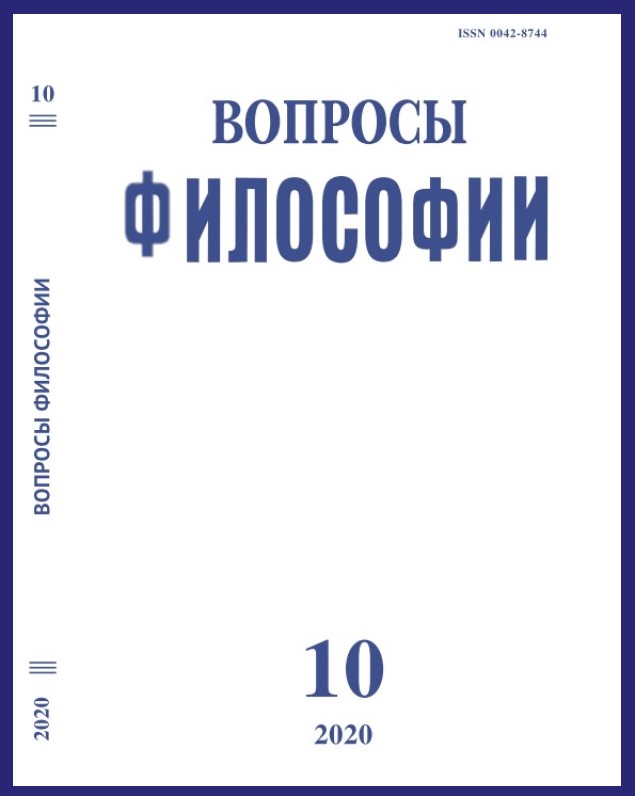The Time-Pressure Paradoxes in the Digital Age
DOI:
https://doi.org/10.21146/0042-8744-2020-10-57-65Keywords:
freedom, free time, leisure, digital capitalism, digitalization, social, philosophy, culture, everyday lifeAbstract
In the focus of this article lies one of the key topics of modern social philosophy – free time in its connection with digital capitalism. The author analyzes how free time is transformed in contemporaneity. Digital technologies, the intensification of capitalist production, and the diffusion of work and personal space characterize the world of modern man. Digital technologies, literally becoming a part of a person, can completely fill their off-hours. As a result, humanity is faced with an acceleration of the rhythm of life, which generates a permanent feeling of fatigue and lack of time for important things. However, most sociological research shows that free time has not been decreasing. This gives rise to the “time-pressure paradox”(Judy Wajcman), when there is more time, but you can't use it as you would like. As a result, a person's personal freedom in the digital world, which, it would seem, will only increase as productivity increases, in fact becomes an important topic for modern critical thought. The basis of the problem of lack of time is that modern culture was unable to cope with the released productive forces and reflexively understand the nature of the impact of digital-mediated capitalism on everyday life.

